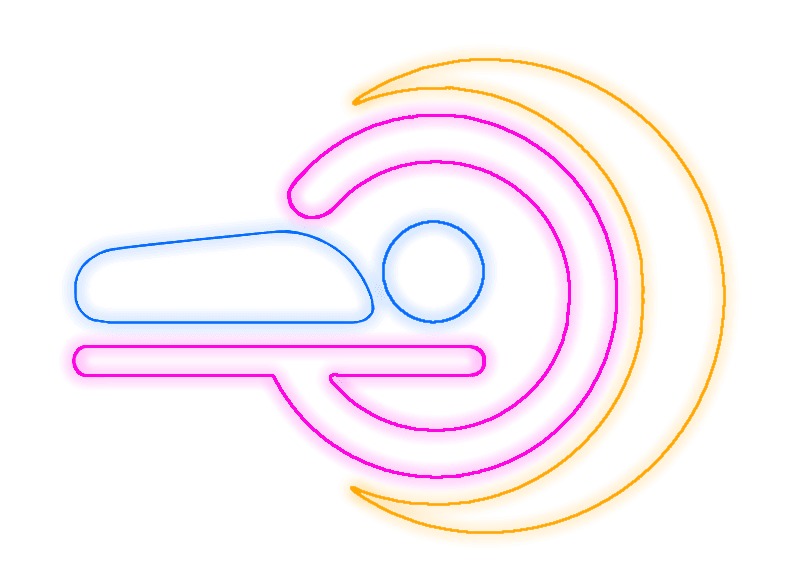In today’s fast-paced world, staying healthy is no longer just about treating diseases when they occur. The focus has shifted toward preventing health issues before they arise. Preventive radiology, a relatively new but highly impactful branch of radiology, plays a significant role in this paradigm shift. By utilizing advanced imaging techniques, preventive radiology empowers individuals to take control of their health and enables healthcare professionals to detect potential problems early.
What Is Preventive Radiology?
Preventive radiology involves the use of imaging modalities like X-rays, ultrasounds, CT scans, MRIs, and PET-CTs to identify potential health risks before they manifest as symptomatic diseases. Unlike diagnostic radiology, which focuses on diagnosing existing conditions, preventive radiology emphasizes early detection and intervention to reduce the risk of severe health complications.
Common Applications of Preventive Radiology
Screening for Cancer
Regular imaging screenings, such as mammography for breast cancer and low-dose CT for lung cancer, can detect tumors at an early, more treatable stage. For individuals with a family history of cancer, preventive imaging can be life-saving.
Cardiovascular Health
Imaging techniques like coronary artery calcium scoring through CT scans help assess heart disease risk by visualizing plaque buildup in the arteries. Early detection enables timely lifestyle changes or medical intervention.
Bone Health Monitoring
Bone density scans (DEXA scans) are used to diagnose osteoporosis and assess fracture risk. Preventive imaging can help patients take steps to strengthen their bones before significant damage occurs.
Detection of Neurological Conditions
Advanced imaging like MRI can identify early signs of neurodegenerative diseases such as Alzheimer’s or Parkinson’s, allowing for interventions that could delay disease progression.
Preventing Sports Injuries
Athletes and fitness enthusiasts can benefit from preventive radiology by using imaging to assess joint and muscle health, reducing the risk of injuries.
Benefits of Preventive Radiology
Early Detection Saves Lives
The earlier a condition is detected, the higher the chances of effective treatment. Preventive imaging facilitates early detection, significantly improving outcomes.
Cost-Effective Health Management
While imaging tests may seem expensive upfront, they can reduce the financial burden of treating advanced diseases, hospitalizations, and surgeries.
Personalized Health Insights
Preventive radiology provides tailored health insights, enabling patients to make informed decisions about their lifestyle and medical care.
Peace of Mind
Knowing your health status through regular imaging can alleviate anxiety and promote proactive health management.
Incorporating Preventive Radiology in Daily Life
Regular Health Check-Ups
Work with your healthcare provider to include appropriate imaging tests in your annual health check-ups based on your age, gender, and medical history.
Awareness of Risk Factors
Be aware of hereditary conditions or lifestyle factors that may increase your risk for certain diseases and discuss these with your doctor.
Healthy Lifestyle Choices
Preventive radiology is most effective when combined with a balanced diet, regular exercise, and stress management.
Choosing the Right Diagnostic Center
Opt for a trusted diagnostic center with advanced imaging technology and experienced radiologists to ensure accurate and reliable results.
Conclusion
Preventive radiology represents a proactive approach to healthcare, empowering individuals to lead healthier lives by identifying and addressing health risks early. With advancements in imaging technology and increased awareness, preventive radiology is set to become an integral part of everyday health management.
By embracing preventive radiology, you take the first step toward a healthier, more fulfilling life—one scan at a time.
